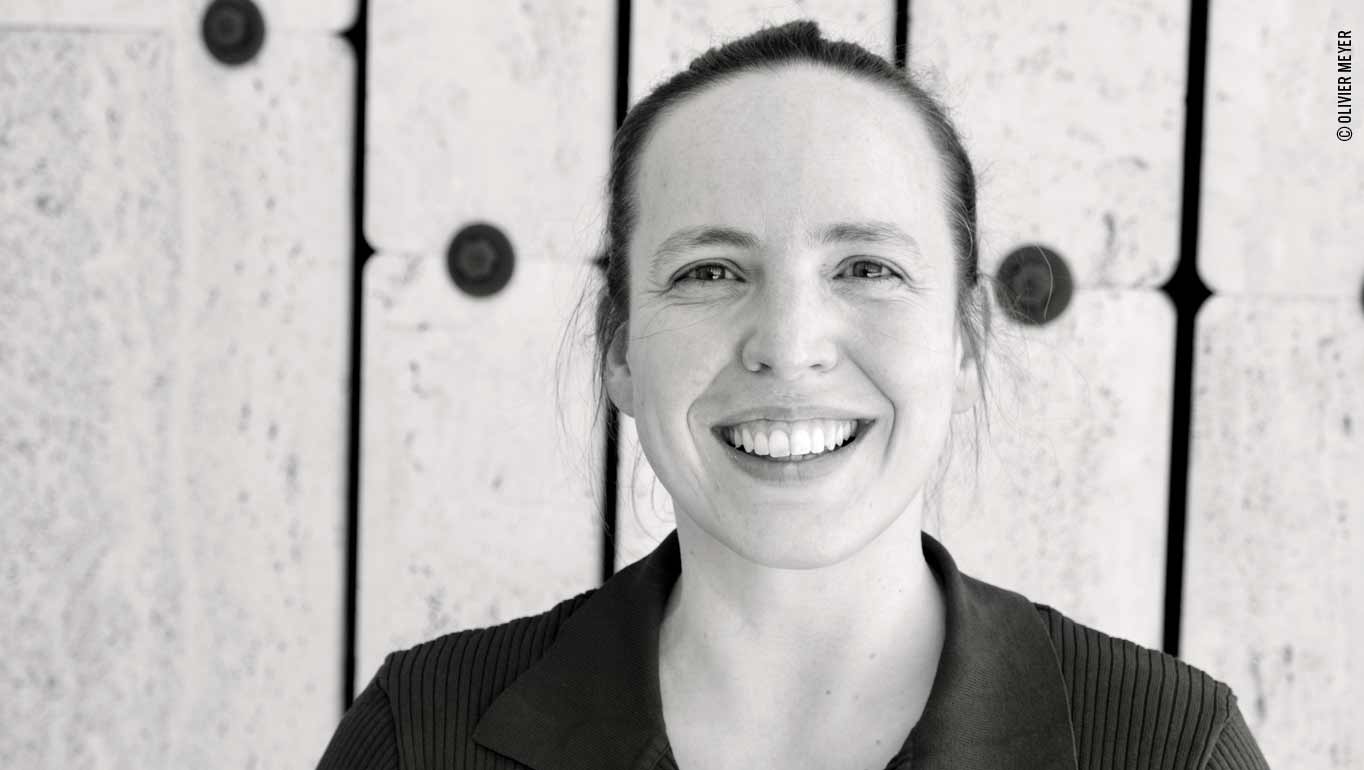What does your position involve?
In the International Trade Centre (ITC), I head the program on non-tariff measures, providing trade-related technical assistance and capacity building. I joined both the ITC Staff Council as well as the UNOG Staff Coordinating Council in 2021. In my role as staff representative I mostly focus on questions of work-life balance and issues related to recruitment, and I contribute to the COVID-related questions that we have to deal with these days.
Why did you run for election?
During my 15 years in the UN system I have relied on and benefitted from other colleagues doing the job for me. I was a temporary staff member back in the days when it was decided to reduce the number of leave days for such contracts, alongside other changed conditions, and I vividly remember the role of the UNOG Staff Council in helping colleagues through the transition. I felt that now is my time to give back – and my duty. I am privileged to have a stable job and safe contract, with career progress to date that I am satisfied with. Any further professional ambitions of mine are temporarily on hold as my little son has taken the center stage of my life and happiness – in short, I have probably much less reason than many other colleagues to fear potential negative consequences of speaking my mind and challenging management where it may be needed.
In the specific ITC context, I also wanted to make sure that the ITC Sectoral Staff Council was restored. In 2020, we did not have any since there was an insufficient number of interested candidates, so we ended up being without staff representation in what turned out to be a rather challenging year to say the least, including for (but by no means limited to) staff rights and welfare. I did not want to see this happen again.
Where do you think you can make a difference as a staff representative?
It may sound odd, but I believe that any staff representative makes a difference already by just existing and assuming that very role. You are part of the checks and balances that help incentivize management to take decisions differently, to explain decisions better, and to keep an eye on staff welfare, be it just in anticipation of reactions from staff representatives. Of course, an incentive is not a guarantee, but just try to imagine what it would be like without any staff representation (or, in ITC, remember what it was like in 2020). It does make a difference.
Personally, in both my function as staff representative and team leader, I would want to make a difference in contributing to a work climate and overall team spirit that encourages open and honest exchanges and collaboration between colleagues, and in contributing to a healthier work-life balance of staff in ITC. Also, I would be immensely proud if I could help one of my Staff Council colleagues succeed in her initiative to first test and eventually introduce a job-sharing model in ITC. I am convinced that this is possible.
What are the biggest challenges?
Patience is not my forte, yet patience and perseverance are what is most needed when it comes to addressing shortcomings in a system like the UN. So is the ability to see even small steps for what they are: at times a big milestone, a success. If you had asked me 15 years ago what I think about introducing a UN Geneva working group on addressing racism, I would have shaken my head in disbelief over why this has not existed since 1945.
Nowadays I consider it a success in the sense that its very existence, though long overdue, is proof that racism in the UN microcosmos is no longer treated as an unfortunate combination of isolated cases, but is instead recognized and named, including at the highest level, as a system-wide problem that needs attention. So yes, it is only a tiny first step that won’t change the lives of victims of racism overnight, but an indispensable step nonetheless that deserves not to be downplayed. Over the years, I have learned to see that. This said, I do still find it challenging to recognize progress in such tiny changes rather than feeling frustration over the slow pace of improvements. As I said: patience is not my forte.
Would you recommend this role to other staff, and why?
Yes, definitely yes. I would encourage anyone to take an interest and actively contribute to matters of staff rights and welfare. This is not limited to the function of elected staff representatives. For me, that contribution starts much earlier: in speaking out, flagging issues, making suggestions, responding to surveys, contributing to working groups, listening to, defending and helping colleagues where in need…all that is staff representation to me. Why should you do this, in whatever way you choose? Because it matters – to individual colleagues you support, to staff collectively and, hence, to you individually. And inherently it helps the UN to function better and do its job in the best possible way. Will your involvement revolutionize the UN? Probably not. But, it is certain that no improvements will come about if we do not even try, so I would recommend everyone to join me and my colleagues in trying. As a side effect, you learn a lot and you get in touch with colleagues across the Organization. So, if you hesitated until now – don’t. Get involved.


